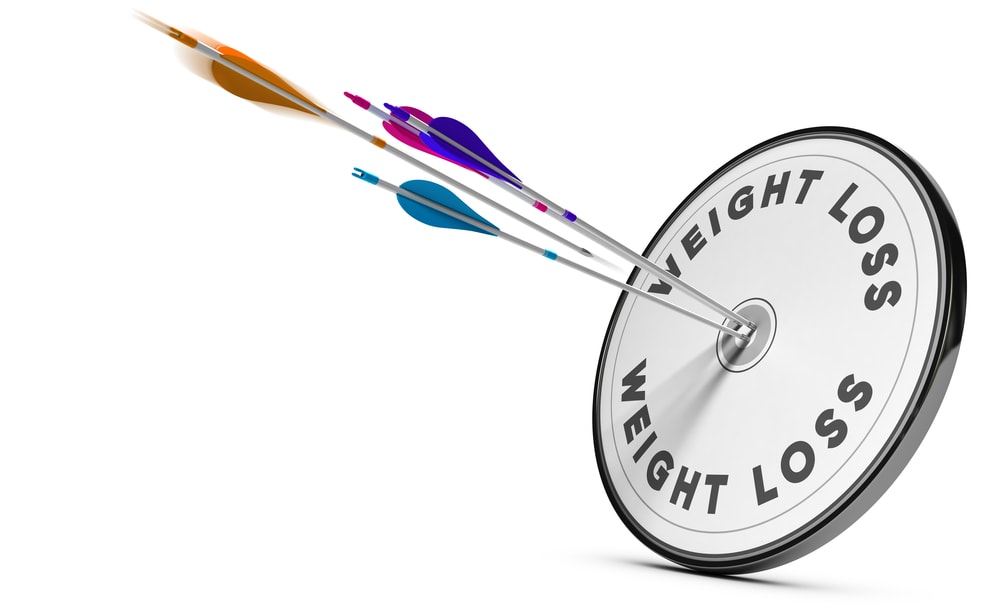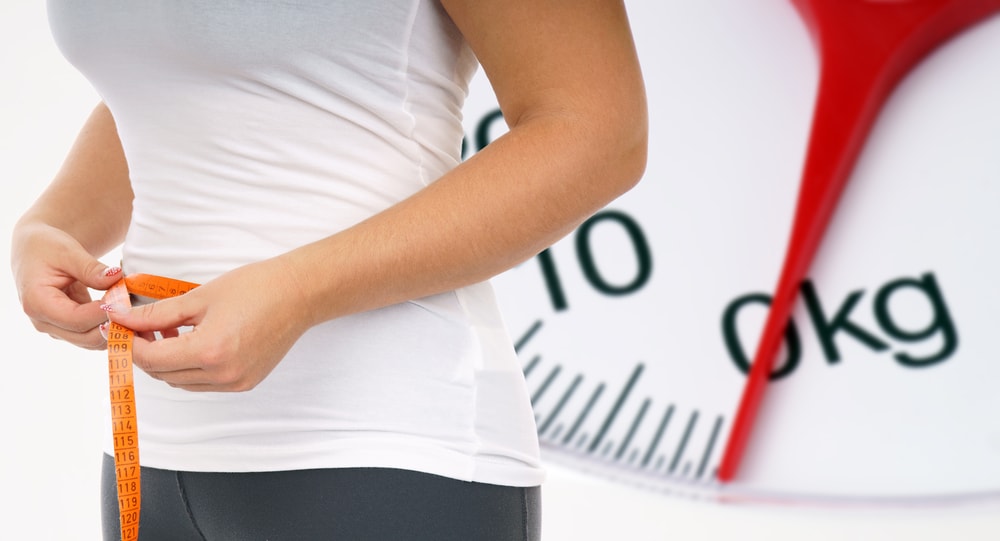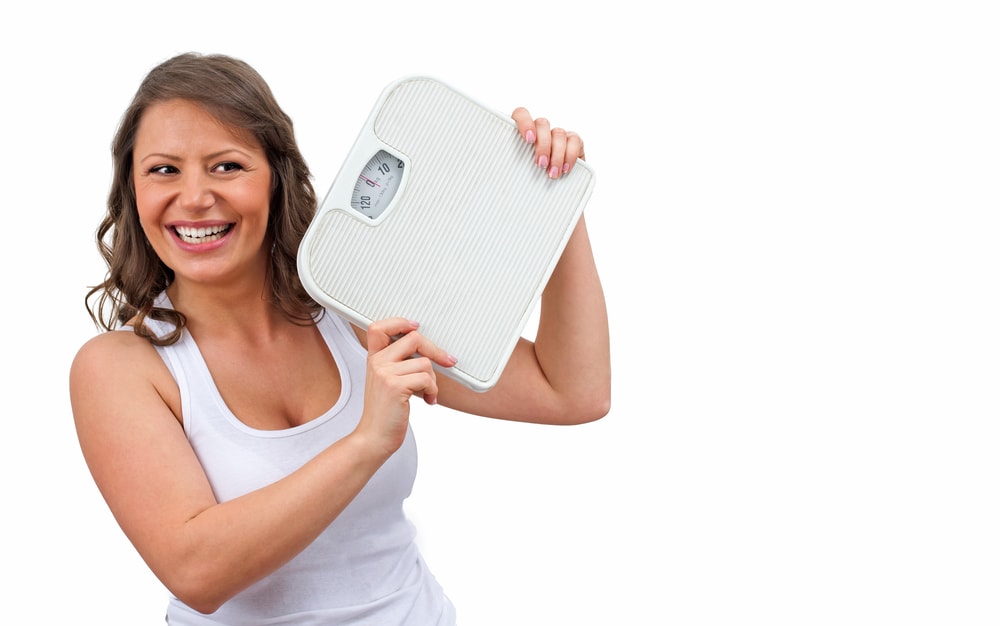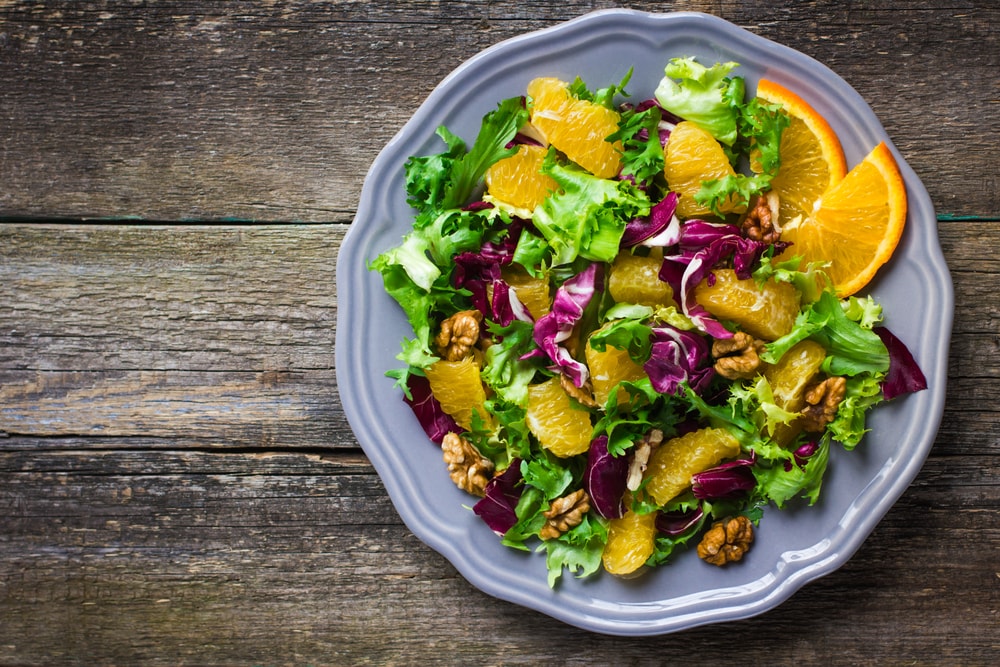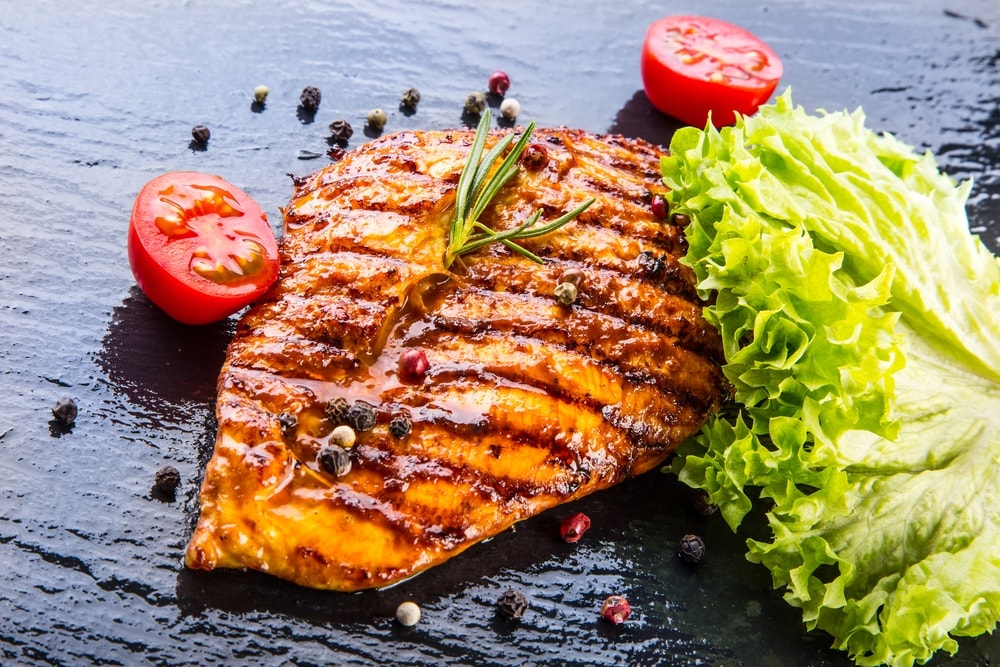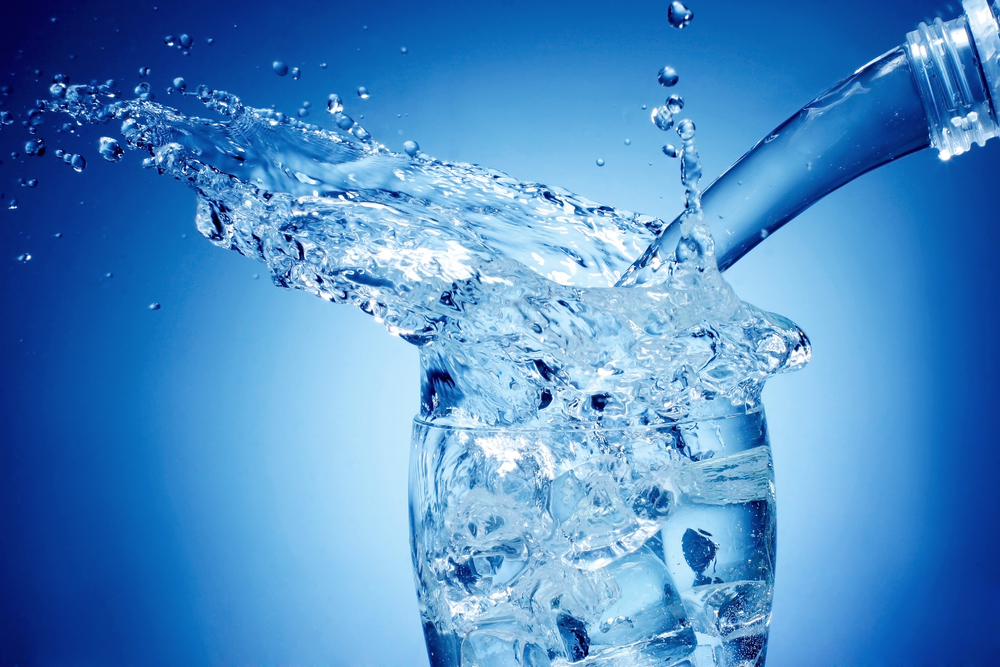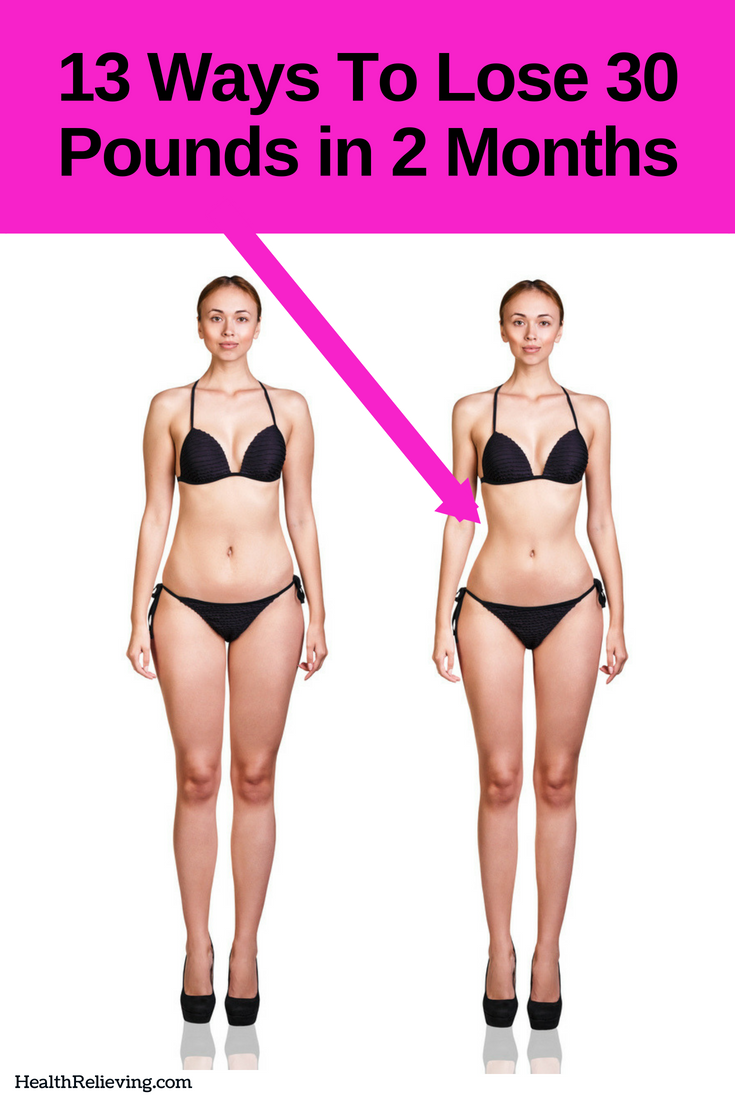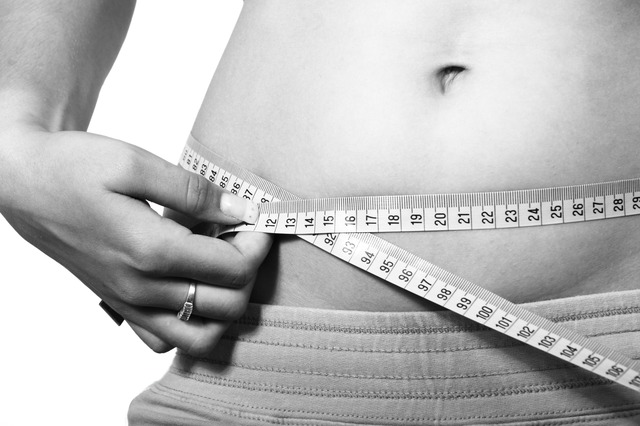The 13 Ways To Lose 30 Pounds in 2 Months
Eating can improve the mood of a person, but too much can make you gain unwanted weight. When there is an upcoming occasion or event, there is a tremendous amount of pressure placed on you to look great every time people see you. This means wearing the right set of clothes and accessories, and looking fit and healthy. If you are 30 pounds overweight and you need to lose it in two months, then might feel that you are in big trouble. Luckily, you are on the right page. Read on.
Article Summary
How To Lose 30 Pounds In 2 Months
It is possible to lose 30 pounds in 2 months by creating a substantial daily calorie deficit between what you consume (your diet) and what you burn off (exercise and lifestyle habits). Each pound of fat equals approximately 3,500 calories, so to lose 30 pounds in total, you’ll need to create a deficit of 105,000 calories. Broken down as a daily target, you’ll need to create a deficit of about 1,750 calories per day. This is a tough ask over 60 days, but not totally unrealistic. Let’s see how it can be done…
1. Know the Numbers
You might have already heard that a pound of weight is equivalent to 3,500 calories. This means you have to lose this much in order to drop a pound. Your body needs to burn them, so you will lose weight. The best way to torch unwanted calories is to engage yourself in physical activities, such as running. People who move more usually lose more.
2. Determine the Factors Triggering Weight Loss
There are many factors involved in weight loss. Your body has the ability to lose weight in many ways. You can lose fat, muscle, water, or all of it. Most of the weight that you lose during the first few weeks will come from water loss, which is perfectly normal. When you combine exercise and a healthy lifestyle, then you can easily achieve your fitness goals.
3. Set Weekly or Monthly Targets
Focusing on one big goal can leave you feeling discouraged later on. You can keep yourself motivated by splitting your big goal into several small ones. This means setting weekly or monthly targets and it is always best to break down your goal into small manageable chunks. This will get you moving forward, one step at a time, without feeling discouraged.
4. Compute Your Basal Metabolic Rate (BMR)
Your basal metabolic rate determines how much calories you burn during the day. It will help you know how much calories you need to consume in order to lose weight. The key to weight loss is taking in fewer calories than you need to maintain your current weight, which is why knowing your BMR is crucial at this point. You can compute for your basal metabolic rate by looking for ready-made online calculators in the search engine. You will most likely be asked about your age, gender, weight, and height.
5. Never Ever Skip Meals
The key to successful weight loss is to consume less than what you burn. Most people believe that they can achieve this by skipping meals, but this is not right as skipping meals will only trigger your body to shift to survival mode and save every bit of fuel in your body. This will result in a slower metabolism that will hamper your success.
6. Eat Lean Protein
A high-protein diet is crucial in weight loss because your muscles need fuel to function well. Your muscles are one of the reasons why you are burning calories. When you have more muscles, your body can easily burn fat, even during rest. Furthermore, lean proteins can make you feel fuller throughout the day, so you will not binge eat.
7. Exercise Regularly
Consistency is the key to weight loss. You have to exercise and eat a healthy diet regularly in order to lose the pounds consistently. You have to make time for exercise, sleep, and healthy meals or you will not lose weight. The first month will be tough, but you will eventually get the hang of it and enjoy the rest of the journey.
8. Do Interval Training
Interval training is doing short bursts of physical activity spread over a longer period of time. Recent studies have shown that interval training is effective in torching calories. Instead of running around the track at the same pace for an hour, try inserting sprints in between. This is the perfect exercise routine for people who do not have the luxury of time to exercise.
9. Workout When You Have Most Energy
Some people exercise better in the morning, while others prefer doing it at night. This is because there are people who feel more energized during certain parts of the day. Do not workout when your tank is empty. You will get more results when you workout when you have the most energy. Remember that efficiency is crucial in exercise. If you think you can do better at night, then go for it.
10. Sleep More
Studies show that people who get the recommended amount of sleep can lose more body fat than those who lack the ZZZs. Insufficient sleep can cause your body to release ghrelin, a type of hormone that makes you feel hungry and store more fat in the body. Getting enough sleep will also give you more energy to exercise, so make sure that you make time for it.
11. Incorporate Strength Training
Strength training will not only make you stronger and have a better posture. It can also help you burn more calories by building more muscles. This is why fitness experts incorporate strength training into weight loss programs. When you build lean muscles, your body becomes more toned, so you look sexier. Strength training will also allow you to burn calories even after you have finished working out.
12. Be Patient
Weight loss takes time so do not feel discouraged when you do not see immediate results. Two months may seem short, but it is enough to help you lose a significant amount of weight through consistency. Too many people fail to achieve their fitness goals because they expect to see a significant change right away and feel disappointed when they do not.
13. Drink Only Water
Water is refreshing, cleansing, and calorie-free. If you want to lose weight, then water is your friend. Get rid of soft drinks, canned juices, energy drinks, and other caloric drinks as they are packed with empty calories that will just make you gain more weight and fat. It is highly recommended that you drink a glass or two of water before every meal, so you will not overeat.


